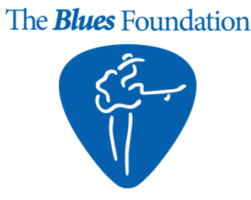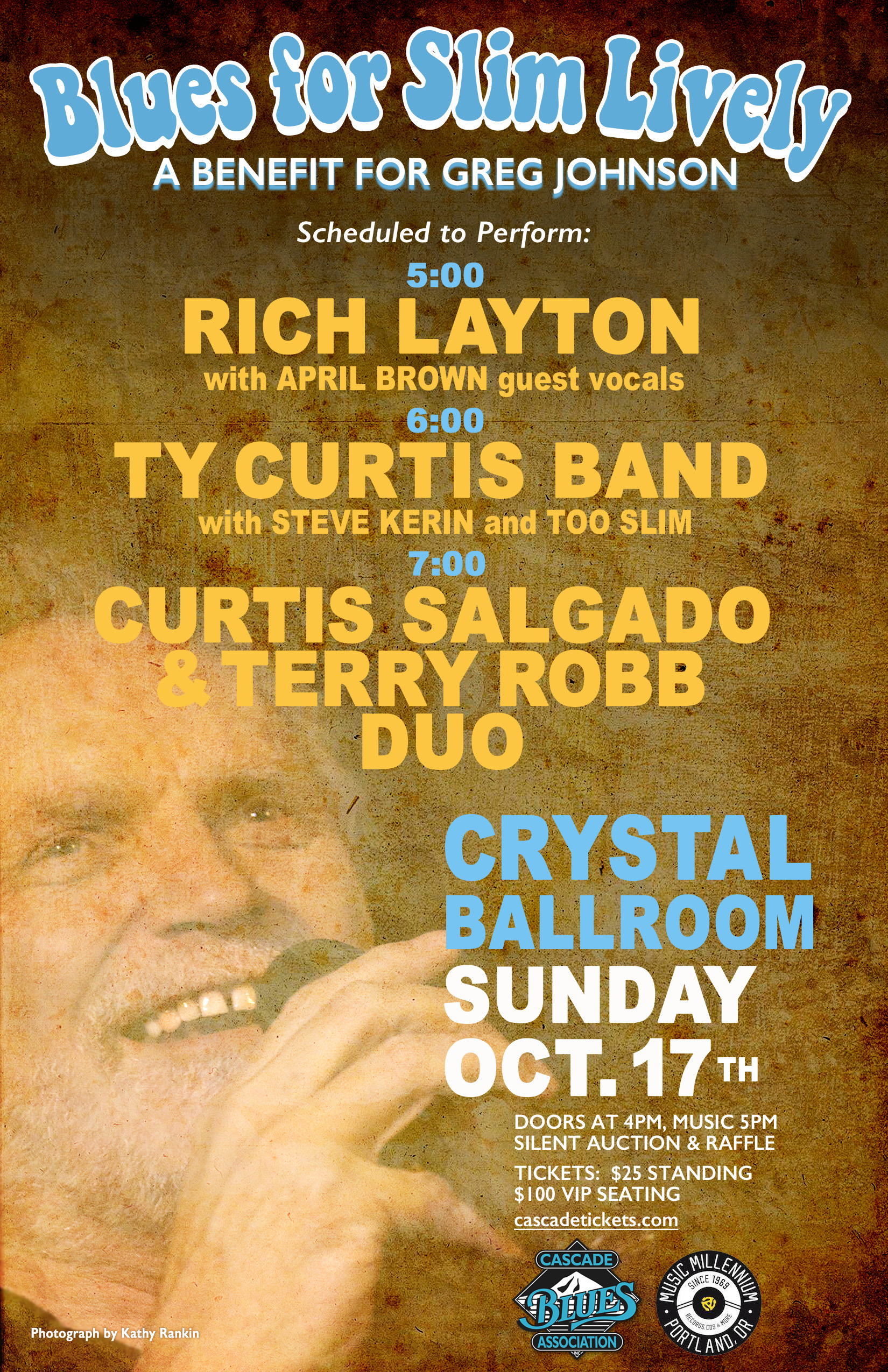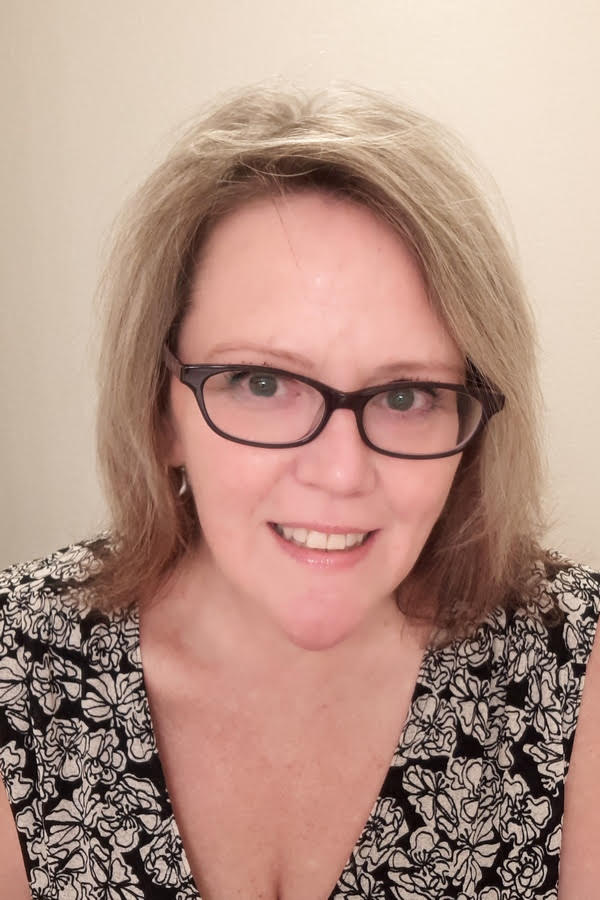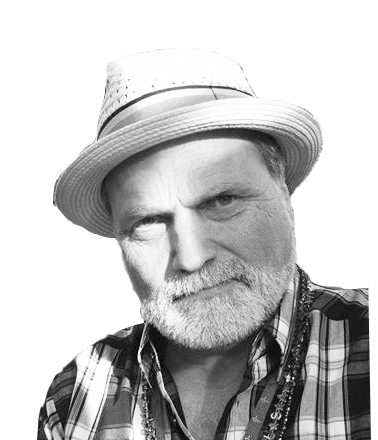
Keeping the Blues Alive
Keeping the Blues Alive
by Kirk Andersen
So many cities around the United States have been touched by the history of music and the musicians and businessmen and women who propelled it. Unfortunately, either due to politics, commercial pressures/buyouts…

Spotlight on Dave Leiken by Kirk Anderson
Spotlight on Dave Leiken
by Kirk Anderson
Hey, let me talk to you about this band …
Fifty years ago, 1972 produced many events that still shake us. Arab terrorists murdered 11 people at the Summer Olympic Games in Munich. President Nixon…

The Blues Journey To Memphis
The Blues Journey
by CBA staff
While searching for the house of Oregon’s “Swamp Donkey” blues-band leader, Johnny Wheels, it was easy to get lost in the high hills around Willamina. But when finally meeting the singer/harmonicist, that…

News from The Blues Foundation – September 2021
News from The Blues Foundation
September 2021
International Blues Challenge
We are in countdown mode! After a year’s hiatus due to the COVID-19 pandemic, we are all eager to gather at the 2022 International Blues Challenge (IBC), scheduled…

Board Spotlight – Randy Murphy
Board Spotlight - Randy Murphy
An Oregon native, Randy’s been a fan of blues since his high school years, but his interest piqued in 1982, when he heard Albert Collins playing in a dive in Ashland. Many years later he picked up a copy of BluesNotes…

Introducing Kirk Anderson
Introducing Kirk Anderson
New Blues Notes Writer
Introducing Kirk Anderson, our new Blues Notes contributor. He’s written two articles this month, one about the upcoming Allman-Betts show at the Roseland and another from an interview with…

CBA President Greg Johnson – updated 10.7.21
CBA President Greg Johnson
In case you aren’t following on Facebook, here are the latest updates on how Greg is doing …
From Greg’s wife Cherie:
10.7.21
I get to see the love of my life today! Greg is out of ICU but not readmitted…

Member Spotlight – Marie Walters Board Secretary
Member Spotlight:
Board Secretary Marie Walters
Marie was asked to join the board as Secretary in June of 2019 and was elected to the board to serve in 2020 and 2021. She comes from a background steeped in both music and community service, having…

Greg “Slim Lively” Johnson CBA President Health Update
Greg “Slim Lively” Johnson CBA President
health update July 1 2021
On May 27, Greg “Slim Lively” suffered a severe, massive stroke. This, as you can imagine, has caused catastrophic repercussions in addition to Greg’s planned lengthy…

Greg Johnson Health Update
Greg Johnson Health Update
As you may know, Greg Johnson had a stroke right after completing his first chemo treatment the last week of May. Greg will be in the hospital at Providence St. Vincent in Portland, then be transferred to a care facility…
